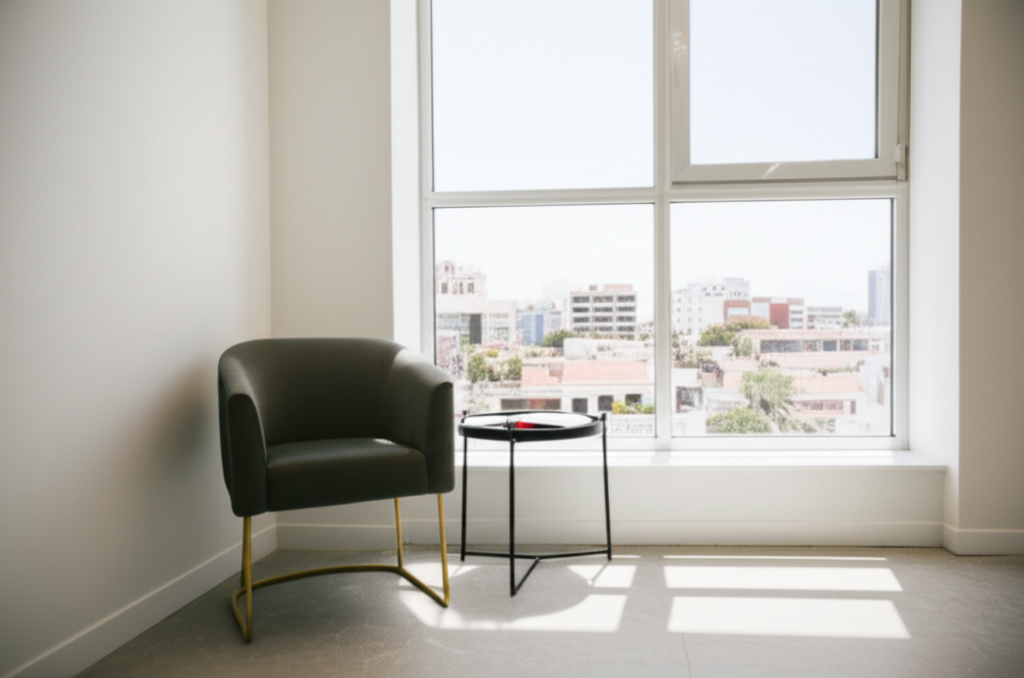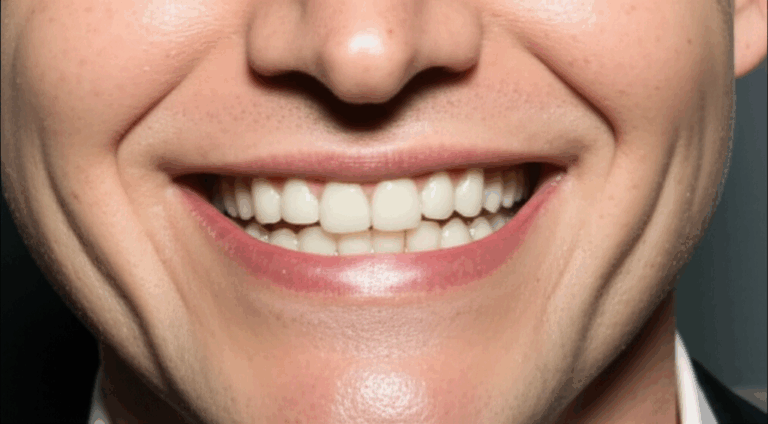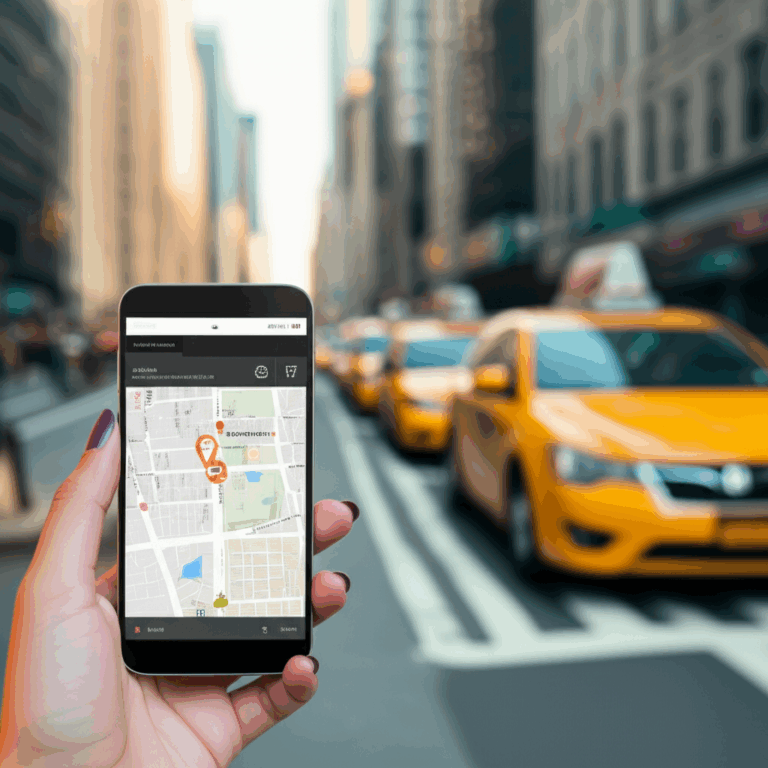
How to Find a Good Dentist in Tijuana: My Personal Guide to Safe and Affordable Dental Care
Table of Contents
- Introduction: Why I Considered Tijuana for Dental Work
- Why Tijuana? Understanding the Draw of Cross-Border Dentistry
- Crucial Factors I Learned About Choosing a Reputable Tijuana Dentist
- Credentials and Qualifications
- Clinic Reputation and Real Patient Reviews
- Facility Standards and Technology
- Communication and Language Skills
- Pricing Transparency and Treatment Plans
- Warranty and Follow-Up Care
- My Step-by-Step Approach to Finding a Great Dentist in Tijuana
- Essential Questions I Asked Dentists in Tijuana
- How I Avoided Pitfalls and Ensured a Safe Experience
- Case Studies, Statistics, and Real-World Data
- Frequently Asked Questions
- Conclusion: My Personal Takeaways and Final Recommendations
Introduction: Why I Considered Tijuana for Dental Work
If you told me a few years back that I’d go to Tijuana, Mexico, for dental work, I would have looked at you funny. My teeth have always been important to me, but let’s face it—dentist bills in the U.S. can get way too high, especially for things like crowns or implants. When a friend told me she saved thousands by going across the border, I was interested. But what I really cared about was this: How do you even find a good dentist in Tijuana—someone you can really trust with your teeth and your health?
After months of looking stuff up, going to appointments, and learning the hard way sometimes, I figured a lot of things out. I’ll share exactly what I did, what I wish I knew earlier, and the steps that made my trip easy, safe, and cheap.
Why Tijuana? Understanding the Draw of Cross-Border Dentistry
So why do so many Americans and Canadians head to Tijuana for dental stuff? I looked into this before I booked anything.
First, the big one: it’s way cheaper. We’re talking about saving up to 70% compared to home. Like, I found out a dental implant with crown in the U.S. could be $3,000 to $6,000, but in Tijuana, you might pay only $700 to $2,000. Porcelain crowns, root canals—almost everything cost less than half of what I would pay at home.
It’s close, too. I live in Southern California, so going to Tijuana was just a short drive and then a walk across the border at San Ysidro. A lot of clinics send a shuttle to the border so you don’t have to worry.
But for me, the biggest question wasn’t just about the price or the drive. Would I get good care, clean rooms, and safe treatments in Tijuana? I found out you definitely can, but you gotta look for certain things.
Crucial Factors I Learned About Choosing a Reputable Tijuana Dentist
Finding a decent dentist in Tijuana isn’t about luck. Here’s the stuff I checked.
Credentials and Qualifications
The first thing I wanted was proof the dentist really went to school, was licensed, and knew what they were doing. In Mexico, dentists need a degree that’s accepted by the General Health Council (Consejo de Salubridad General). The better clinics show off their certificates, awards, and groups they belong to, like the Mexican Dental Association. Some even say they got extra training in the U.S. or Europe.
I didn’t just believe them, though. I looked up names and schools online. A lot of great dentists studied at places like UABC, and some even learned more outside Mexico.
Tip: Don’t feel weird about asking about extra classes or training. If you want dental implants, for example, go for someone who learned more about implants. If you want veneers, look for someone who did more classes about cosmetic stuff.
Clinic Reputation and Real Patient Reviews
I spent hours reading reviews—not just on the dentist’s website, but on Google, Yelp, and special forums about dental tourism. Don’t just look at the stars. Read what people actually say. Are people saying the dentist was kind, didn’t rush, managed pain well, and did good work? If a complaint keeps popping up, don’t ignore it.
A good clinic will gladly show you what other people said and share before-and-after photos. Some even let me talk to old patients, which helped a lot.
Facility Standards and Technology
Modern tools matter—a lot. When you go in, the clinic should give you a good feeling, just like a dentist would back home. Digital X-rays, computers for making crowns and bridges, and super clean rooms are all good signs.
Don’t be afraid to ask how they clean the tools. The best clinics in Tijuana use those hot-steam machines (autoclaves) and follow rules to stop infection. One place even showed me the room where they clean tools—and I liked that because they had nothing to hide.
You might be surprised how up-to-date some Mexican clinics are. Many have machines and supplies just as good as U.S. clinics. Some even use the same things as top digital dental labs.
Communication and Language Skills
A lot of us don’t speak Spanish (me included). Most clinics that see people from other countries have people who speak good English. If they can’t clearly tell you about your treatment in English, I’d pick another place.
While I had my visits, I checked if they answered my questions and were honest about how long things would take, what materials they’d use, and what could go wrong. Knowing what’s going on is important—it’s your mouth, after all.
Pricing Transparency and Treatment Plans
A smart patient told me this: Ask for a full, written quote before saying yes to anything. The best places gave me printouts with all the costs, from the first visit to X-rays, to what stuff they’d use, to aftercare. A good clinic doesn’t rush you or sneak in extra fees at the end.
Some let you pay different ways, too, like credit cards (they’ll let you know if fees are higher for foreign cards). If your work takes more than one trip, ask if they have payment plans.
Warranty and Follow-Up Care
This was a big deal for me. What if something broke or didn’t feel right when I got back home? The good dentists in Tijuana gave me paperwork promising they’d fix or replace work—usually for about a year, sometimes more.
They also told me what to do after treatment, had open ways to contact them, and clear plans for checking up on how things healed. If a dentist can’t explain what happens after the fix, I’d look for another.
My Step-by-Step Approach to Finding a Great Dentist in Tijuana
Here’s exactly what I did. You can use this as your own to-do list.
Step 1: Start with Research and Shortlisting
I typed every question I could think of into Google, Yelp, and forums about dental travel. I avoided any place with just a few reviews or lots of comments about being dirty or having rude staff.
A dentist’s website taught me a lot too. The better ones look professional, list the staff and their education, and show off their tools.
If you know what you want—like implants or veneers—stick to clinics that do a lot of that. For example, clinics teamed up with a veneer lab often had good results.
Step 2: Verify Credentials and Accreditations
I checked out every dentist’s name, their school, and if they had the right paperwork in Mexico and sometimes in the U.S. Some clinics also mention if they have ISO or ADA certifications—makes you feel better about your choice.
Step 3: Dig Deep into Reviews and Ask for Recommendations
Don’t just read the first review. I even joined a few dental travel Facebook groups—these people are very honest (and some share pictures too).
It was also helpful to read about other people’s big jobs, like full-mouth fixes, because I wanted to know how they handled tricky stuff.
Step 4: Contact and Consult with My Top Picks
Most clinics write back fast, in English. Before I showed up, I emailed or called a few with my questions. What’s the cost? What brands will you use? Any problems? Warranty? How long? Can I see before-and-after pictures?
You’ll know right away which places are honest and friendly.
When I got offers, I made sure the plan was in writing. Surprises are not good when it’s your teeth.
Step 5: Plan Out Logistics
The border at San Ysidro is busy, and sometimes it takes a while to get back to the U.S. For my first trip, I liked using clinics with shuttle service. Don’t forget your passport, and if you need more than one visit, check out hotels close to the dentist.
Some clinics even help you find hotels with special rates for patients—nice little perk.
Essential Questions I Asked Dentists in Tijuana
Here’s what I always asked, and it helped me pick the right places.
- What’s your experience and training with my procedure?
- Which dental brands do you use, and why? (I wanted to see materials from good dental ceramics labs, not the cheap stuff.)
- How do you clean your tools and keep things safe?
- Do you offer a warranty on your work? What does it cover, and for how long?
- What will the total cost be?
- Are there any possible problems?
- How do you handle check-ups or emergencies?
Most importantly, the attitude of the staff mattered—did they give clear answers or just brush me off? Always trust your gut.
How I Avoided Pitfalls and Ensured a Safe Experience
Not every story I heard while researching was pleasant. Here’s what saved me from making bad choices.
- Red flags: If the price seemed too low, it usually meant trouble. I kept away from places that rushed me, made crazy promises, or refused to give things in writing.
- Checking for myself: I did my homework, looked up licenses, read lots of reviews, and only moved forward if every question I had was answered.
- Going with my feeling: One clinic had all the right answers on paper, but felt wrong—messy waiting room, bad communication, too secretive. I left. There are many other good clinics.
- Getting everything on paper: Before the dentist even touched my teeth, I made sure the plan, price, and warranty were all written down and signed.
Case Studies, Statistics, and Real-World Data
My experience matches what’s happening for lots of people, so here’s what I found:
| Category | Data/Description | Example/Statistic |
|---|---|---|
| Cost Savings | Dental Implants | U.S.: $3,000-$6,000+; Tijuana: $700-$2,000 |
| Porcelain Crowns | U.S.: $800-$2,500; Tijuana: $300-$700 | |
| Root Canal | U.S.: $700-$2,000; Tijuana: $250-$600 | |
| Patient Demographics | Dental Tourists | Mostly from Southern California, but people from all over the U.S. now |
| Reason for Visit | Motivation | 90% want to save money, others want specialists or faster service |
| Safety/Quality | Licensing/Accreditation | Clinics follow Mexican Dental Association/COFEPRIS rules; top places have ISO too |
| Sentiment | Online Ratings | The best clinics get 4.5 stars or more out of 5 on Google/Yelp |
| Travel Logistics | Border Crossing | Wait times can be fast or long; clinics with shuttles are helpful |
| Client Services | Language/Payments | Most have English-speaking staff and take credit cards |
If you want to read more about the stuff dentists use, check out crown and bridge dental laboratories to learn about different repairs.
Frequently Asked Questions
Do Tijuana dentists use the same stuff as U.S. dentists?
Yes—especially at clinics that treat people from other countries. They use a lot of the same brands, and often buy supplies from the U.S. or Europe.
Is it safe to cross the border for dental work?
I had no problems, especially if you stick with known clinics close to the main border spots and keep your stuff with you.
What if something breaks after I go home?
That’s where warranties and aftercare come in. Good clinics help you as much as possible, but for big fixes, you might have to go back, so plan ahead.
Why is dental work cheaper in Tijuana?
Because labor and running a business costs less, there’s less paperwork from the government, and a lot of clinics are competing for your business—not because they use bad stuff.
Conclusion: My Personal Takeaways and Final Recommendations
Looking back, I can say for sure that finding a good dentist in Tijuana is totally doable—if you take your time, ask questions, and focus on honesty and what other people are saying. You really do save a lot, and the best dentists are just as good as the ones at home. But don’t let cheap prices make you forget the basics: do your research, check their papers, and trust your feelings.
If you’re not sure, start by making a few calls or setting up video chats. The right clinic will make you feel good long before you’re in the dentist’s chair. Your teeth matter—so choose wisely.
I hope my experience makes it easier for you to get safe, worry-free, and cheap dental care in Tijuana.








